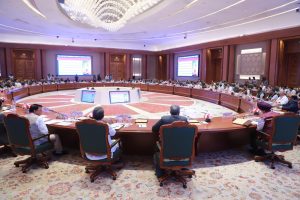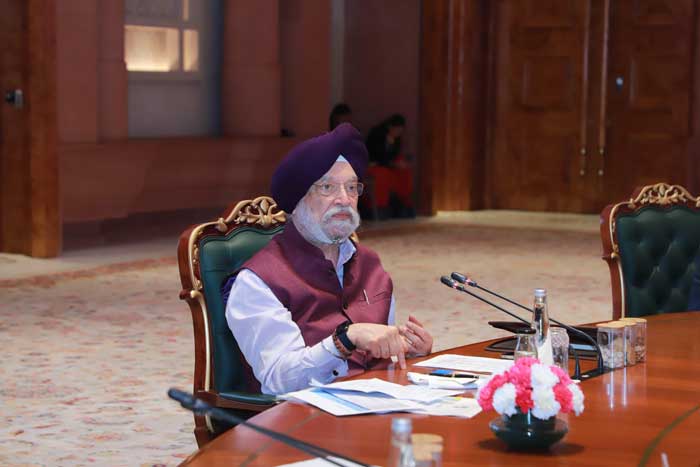The Union Minister for Petroleum and Natural Gas called on states to step forward with leadership and initiative to capitalise on the opportunities arising from India’s energy transformation.
The Union Minister for Petroleum and Natural Gas, Hardeep Singh Puri, has called on states to take the lead in India’s energy transformation, urging them to capitalise on the estimated ₹35 trillioninvestment expected in the sector over the next decade.

Speaking at the Inter-Ministerial Round Table with Partner States on the sidelines of Urja Varta, India’s national energy dialogue held in New Delhi on Thursday, Puri said, “Our states are the core of India’s energy transformation and transition. In the last five years, India has contributed 16 per cent to the global increase in oil demand and is expected to account for nearly 25 per cent of the incremental global energy demand through 2045.”
He described India’s energy demand as structured, predictable and responsible, highlighting the strategic role of cooperative federalism in meeting future energy needs.
The round table brought together ministers and senior officials from 22 states and union territories, with discussions focused on unlocking opportunities across the energy value chain. Puri noted that investments exceeding ₹4 trillion over the past decade had not only strengthened domestic capacity but also delivered tangible value to states.
“With an envisaged investment of ₹30-35 trillion over the next ten years, the coming decade will be pivotal for energy infrastructure development across the country,” he said.
Puri urged states to demonstrate leadership and proactive participation, adding that while the centre remained committed to supporting these efforts through funding, policy and coordination, recurring challenges must be addressed collectively.
The Urja Varta dialogue also spotlighted key systemic reforms aimed at improving the ease of doing business for exploration and production operators. These include the Draft Petroleum and Natural Gas Rules, the Model Revenue Sharing Contract, and the Revised Petroleum Lease.
Developed through extensive stakeholder consultation, the reforms are designed to modernise India’s regulatory framework and attract greater investment. They are strategically timed ahead of Open Acreage Licensing Policy Round X, India’s largest-ever bidding round for exploration and production blocks.
-Manish Pant


